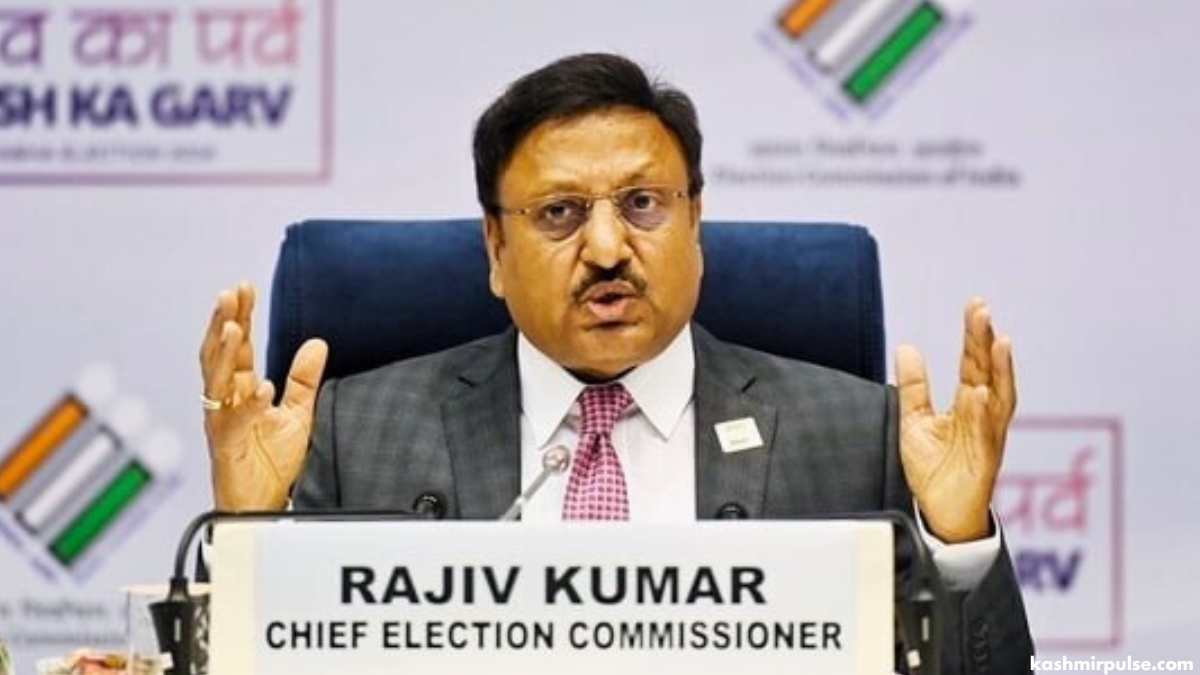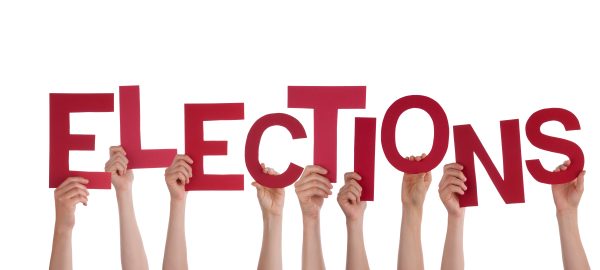
SRINAGAR — Expressing ‘regrets’ of sorts for not contesting on three crucial Kashmir Lok Sabha seats, Union Home Minister Amit Shah on Thursday said that the BJP unit of J&K must gear up to contest on all seats in the upcoming Assembly elections slated for September this year.
Shah stated this while interacting with the BJP delegation at The Lalit Palace in Srinagar. The Home Minister arrived in Srinagar this evening amid tight security cover.
As per the news agency KNO, he met several delegations including Gujjars, Bakerwals, Paharis and Sikhs. In the end, he met the BJP delegation that included BJP’s General Secretary and J&K Affairs Incharge Sunil Sharma and other leaders—Darakshan Andrabi, Hina Bhat, Sofi Yousuf, Altaf Thakur, Dr GM Mir, Ali Muhammad and Bilal Parray. BJP’s national General Secretary Tarun Chug was also present at the meeting.
A source privy to the meeting said that Shah in his opening remarks stated that he has worked very hard to strengthen the BJP at the grassroots level in every nook and corner of the country. “At the onset, Shah expressed a regret of sorts about BJP not contesting the elections on three crucial Lok Sabha seats but maintained that some battles are not fought to defeat the enemy but to check, strengthen and to reinforce the own cadre,” the source revealed.
He said the Union Home Minister stressed the rank and file of BJP to ensure dynasty rule of National Conference, PDP and Congress is wiped out and for that, “you all must vote against these parties in the upcoming Lok Sabha polls for Baramulla constituency and Anantnag-Rajouri Parliamentary seat on May 13 and May 25.”
Shah, according to the source, directed the party men to ensure that the vote of every single BJP worker, leader and activist goes against NC, PDP and Congress.
The source said that during the meeting, Shah made a big announcement that BJP will contest all seats of J&K in the upcoming Assembly polls slated in September this year. The Supreme Court of India had directed the Centre to hold Assembly polls by September this year.
The Election Commission of India (ECI) had cited security reasons and the ‘NO’ from the J&K administration for not holding Lok Sabha and Assembly polls simultaneously.
A BJP leader, wishing not to be named, said that Shah asked the BJP unit of J&K to gear up and prepare for the upcoming Assembly polls as the party would “contest on all Assembly seats.”
In a rally at Jammu recently, Shah had stated that BJP was not in a hurry to see Lotus bloom in J&K in Parliamentary polls. The party contested two seats of Jammu and Udhampur LS by fielding incumbent Members of Parliament (MPs)—Jugal Kishore Sharma and Dr Jitendera Singh.
It may be recalled after delimitation, the total seats in the assembly rose to 114 seats, of which 24 seats are designated for areas that fall under Pakistan-occupied Kashmir (PoK). Out of the remaining 90 seats, 43 seats are in the Jammu division and 47 seats are in the Kashmir division.
Shah's Kashmir visit came just a day after Jamaat-e-Islami expressed its willingness to join the electoral politics again after 1987 subject to the condition that the Centre revokes the ban imposed on it in 2019 under the Unlawful Activities and Prevention Act (UAPA). There was a buzz that a JeI delegation was also likely to meet the Home Minister, however, there was no confirmation of the same till late evening (Thursday).
Sources privy to Shah’s visit said that the Home Minister will air-dash to New Delhi at 10 am on Friday.
Union Home Minister gets feedback about post Article 370 situation from delegations
As the Union Home Minister Amit Shah arrived in Srinagar on Thursday evening, several delegations of Gujjar-Bakarwals, Paharis and Sikh communities here met him at SKICC, where the communities raised their demands with regard to the jobs, reservations and other related things.
Talking exclusively with the news agency KNO, the participants said that the delegations called on Amit Shah and discussed several issues in a cordial atmosphere.
A member from Gujjar-Bakerwal community from South Kashmir, Ahmad Bin Bumla said that the Union Home Minister sought feedback from them about the post-Article 370 situation. “We also discussed several issues and put forth our demands,” he said, adding that the issue of development, Scheduled Tribe status given to Paharis and other issues were also discussed during the meeting.
Shahbaz Peer, another member of the delegation, said that three delegations comprising 150 members from the community have met the Union Home Minister, adding that they put forth the demands like special recruitment for ST community, the spread of the private sector to ensure more jobs for the youth from the community. “We were assured that all the issues and demands raised by us will be looked into,” Peer said.
A member from the Sikh community, Engineer Nirmal Singh, said that a delegation comprising nearly 60 members met the Union Home Minister this evening and raised several demands.
“We demanded a special package for employment like the way minorities have been given here. Besides, we also demanded the establishment of a minority commission and also ST status for the community,” Singh said, adding that they have been told that the demands will be looked into, but the Home Minister has sought some time, according to him, for redressing their grievances and fulfilling their demands.
In a meeting with Home Minister Amit Shah, one of the members of Gujjar-Bakerwal delegation from north Kashmir, Ghulam Mohammad Khatana said that they discussed only the Schedule Tribe (ST) issue.
“People belonging to ST were unhappy earlier for cutting off their reservation and giving it to Paharis. However, the delegations of Gujjar-Bakarwals were assured that the 10 per cent reservation for them hasn’t been fiddled with,” he said.
Khatana said that HM assured that Paharis were given different reservation quotas and the reservation for Gujjar-Bakerwal was still there. “Besides, the Gujjar-Bakerwal delegation was told that they can elect their own Member of Legislative Assembly (MLA) in the upcoming assembly elections,” he said.
In the meeting with HM, the Gujjar-Bakerwal delegation further informed HM that the community was facing electricity and other basic issues.
Meanwhile, one of the members of the Pahari delegation from north Kashmir, Mohd Younis Sheikh said that the community thanked HM for the reservation to the community. “In the meeting, we thanked Home Minister Amit Shah for his support to the Pahari community. This was the main agenda of our delegation,” he said.
The Pahari community members from South Kashmir also stated that they thanked the Union Home Minister for resolving their long pending issue. “The issue that continued to linger for the last seven decades has been resolved for which we thanked him and also told him that the community is indebted to the government for resolving this grave issue,” Syed Akhter Hussain, a member from South Kashmir’s Pahari community delegation, said.
“The way our demands have been respected, we are ready to respect the government by following its every decision,” he said.
Pertinently, Amit Shah arrived in Srinagar amid tight security arrangements this evening and met several delegations. The Union Home Minister is scheduled to spend a night here only and will be leaving early tomorrow.
This post first appeared on
The Kashmir Pulse





